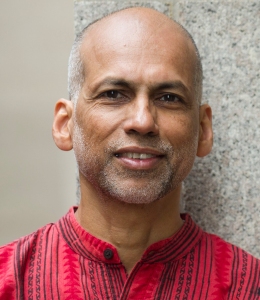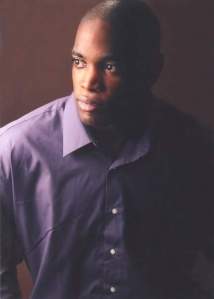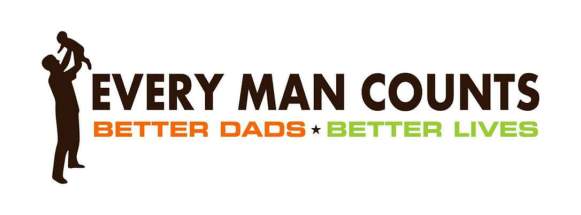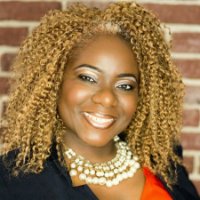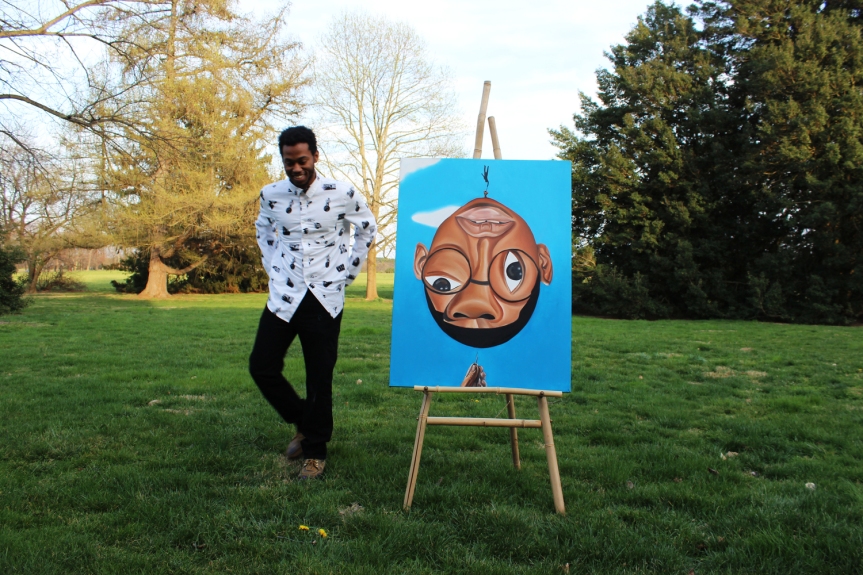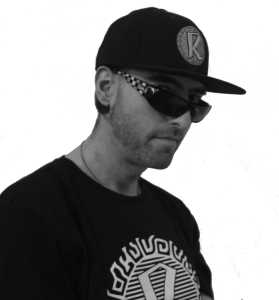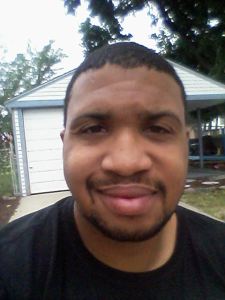Written by Nobodee Jones
I always speak to the artistry of hip hop music. Real rap that pulls at a cat’s mind with entangled metaphors and words grounded in veracity that either leave a cat sayin’ shiiid or damn. It’s that much mo’ important as we in a time when tunes like this aren’t heard in the culture (on mainstream, but what’s new?)
That ish is a testament to the need to refocus on the roots and get back to the essence of hip hop, the underground. I chopped it up with one such cat that embodies this drive, mindset, work ethic, and fellowship that the culture has lost in it pursuits of fame, money, marketability, and chasing that tabby and then check this! Yea this cat can rhyme!
What you folks know about Diggz a.k.a Diggz the Prophecy? It’s the bullishery going on now in the culture that got some folks looking for deep ish in the dark but its cats like Diggz that stoke the fire for the culture and helps bring real hip hop out the depths back to its proper position. This 27-year-old Jersey cat. Hood raised mind elevated. Says he been rhyming since like 11 years old.
Pulling inspiration from various artist. Diggz – “Main one is basically Nas but I’m influenced by anyone that picks up the mic and chases the dream because its hard as fuck to get into, especially now days where; it’s oversaturated nowadays. Talent really doesn’t matter nowadays it’s all about image and all other stupid sh!t, but that’s another topic.
If I had to go with main influences Nas, Pac, Biggie, even people like Cassidy, Lord Banks I mean I got a different set of inspirations and influences depending on what we talking about but the main influence is definitely Nas.” (Sidebar: Diggz is an artist is his rite but he run rhymes with a clique of other lyrical beast in AClass Company, S/O)
But we on that Barfest, right? Diggz is the architect, he started this ish on some never forgot the lessons, chances, and opps he had in life (despite doing a lot on his lonely). So he took a local idea some time back (bout a year), gave it the Diggz and BARFEST was born.
First jumping off a year ago and it was well received with 16 enter with one cat walking away, that being Walter the West Nile (bullishin’ it’s just Walter West, but he sick). Only 2 and a half judges that first year, that half in case a tie. This year just got underway and although it’s now a closed set and cats are locked in the prelims this year where around 55 folks and 5 judges now! Yet it’s not done with just rappers, we got producers in on this as well, even though the focus it bars.
“I also let the producers drop whatever beat they want, like I said because even though this competition is mostly for artist. I wanted some producers who normally don’t get people to check out there beats to get some recognition.” – Diggz.
So this competition has the rawr heartbeat in it. We all love a good beat but that whole concept is subjective to the cat listening to it (kind of a deep area, perception). The thing is so many hip hop heads or those that claim that title overlook the underground scene and it’s now more assessable than ever. (Sidebar: Why you think this bullish they call rap is so easy to get nowadays) Yet if a cats work ain’t heard on the radio you deny credibility or you either given credit where it isn’t due.
Barfest is Hip Hop, it just brings those cornerstone park and rec battles to everyone with www access.
Diggz – “Anybody who follows me, follows my circle of friends, that may have reposted when I made the announcement or post. If you want to join, go ahead, I don’t have to know you personally. It’s like what yall do on Rawr Radio, if you feel as though you need the platform to showcase what I call “The Bars” then join. It’s for the artist, it’s not for my artist or my friend it’s for THE artist; anybody who feels as though they slept on, I’m underrated. Well join and prove yourself.”
Barfest 2 is already running with the preliminaries over and the tourney underway starting with 16 cats. Vespa, Hero, Shara, Asce, Seis, Manga D, Neb, Peace, Jools, Detox, Sax, Shogun, La Dub Z, Maikis, Jason, and Gatzby who can all be found online via SoundCloud.
(Sidebar: Whatever you do, you do it Rawr and if I didn’t address this, a cat wouldn’t be doing it in the Rawrligion Way. I thru a shout to AClass Company earlier, these cats are Diggz Da prophecy, LA Dub Z, Walter West, WarrenPeace, Nosticthepoet, & Magnetic The Shaman.)
If you notice or know Diggz is the architect and one of the judges, as well as Walter West and, Nosticthepoet and two of the cats in the comp are in his group. In fact, this is what Diggz had to say about that.
“The bad thing about have three judges in AClass. Everybody thinks we going to be bias against the members. I tell people all the time, if LA and Peace come weak they would hear it from me first because they in the group. I would have said no offense but yall might night make the next round.
“Like they would get the judging even more because they in my group. I’m not bias at all If they win, blame yourself. You didn’t muthaf#ckin out bar them. It’s not my fault that yours, I’m not like everybody else I don’t pick friends over who is actually good. Yall got me f#cked up if think that’s what I do.” -Diggz. Gotta luv that and the smooth ish about it, he answered that with us just chopping it up.
Check it you can find Diggz Da Prophecy on SoundCloud and YouTube and you can follower the Barfest 2 on his SoundCloud page as well. On another note RAWR Radio will also be doing a special ShowCast when the Barfest is all said and done. The broadcast will cover/highlight the event! Date and times are still on the table so stay posted and stay RAWR!!
Nobodee Jones, co-owner, online broadcaster, personality for RAWR Radio based in Ardmore, Ok. Born in Ardmore, OK raised in Atlanta, GA. Pays homage to hip hop culture through RAWR Radio Weekend ShowCast via Mixlr.com online. RAWR Radio itself grew from a personal need that mainstream hip-hop is failing to produce. Although still in the early stages the shows continue to see growth. We feature Unsigned Underground artist. Real radio, just like you like your Hip-Hop! From the heart but not for the overly sensitive. Check out the RAWR Radio website and stay connected with Nobodee Jones and RAWR Radio on Facebook, Instagram, Twitter, SoundCloud, Google+. RAWR!


